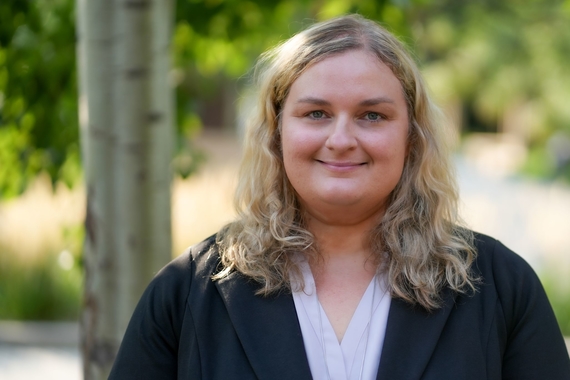Furthering the Goals of the Advanced Speaking Initiative: A Language Center and CARLA Collaboration
Launched in the fall of 2017 as part of the PACE Project funded by The Language Flagship, the Advanced Speaking Initiative designed and implemented activities and pedagogical interventions for upper-level postsecondary language, literature, and linguistics courses that focused on developing speaking proficiency beyond the Intermediate High level through engagement with textual content. Faculty and graduate teaching assistant pairs designed and integrated these activities and interventions into one upper-level course and reported on their experiences in Developing Advanced Speaking Proficiency: Instructional and Curricular Models for Post-Secondary Language Programs, which has just been published as a CARLA working paper. The six chapters in this edited volume showcase a variety of practical curricular and pedagogical examples that are easily adaptable to multiple contexts, languages, and courses and that can serve as models for language programs wishing to facilitate students' advanced-level speaking development.
To further the goals of this important project, CARLA supported three graduate research assistants in summer 2019 to work with Dr. Adolfo Carrillo Cabello (Language Center) on analyzing data collected from literature and culture courses that were part of the Initiative. Ray Balstad (French & Italian), Emily Groepper (German, Nordic, Slavic, & Dutch), and Alex Korte (Spanish & Portuguese) analyzed multiple speaking tasks that students in the targeted courses completed as part of the pedagogical interventions. Their findings are summarized below:
-
Students in the German course relied on linguistic and nonlinguistic cues to complete speaking tasks outside of class. The roles that students took in the collaborative dialogues varied widely, but four basic patterns of interactions were identified. These patterns provide insights on students’ communication, collaboration strategies, and use of target language.
-
Spanish data revealed that students who engaged in more speaking activities were able to produce higher numbers of advanced-level functions. Moreover, the data suggests that peak performance points (i.e., exhibiting more instances of advanced-level functions) do not correspond to length of exposure to course content (e.g., end of semester, time allocated to task), but rather to the type of tasks completed.
-
Data from the French group suggests that contexts of practice can influence the length, structure, and accuracy of advanced-level language. Guided, in-class speaking tasks showed greater potential for accuracy, but hindered length and use of advanced level functions.
Overall, findings confirm that embedding speaking opportunities into upper-level courses offer students tools to increase their ability to produce advanced language functions both in and out of the classroom. However, the mechanisms and strategies students employ vary depending on the context of integration. Understanding these differences can assist language instructors in tailoring their curricula based on the goals and purposes of the course. Furthermore, findings support Donato and Brooks’ (2004) suggestion that, if presented with the right opportunities, students will produce discourse-length language that incorporates advanced language functions. The different pedagogical techniques analyzed in these projects provide evidence of such outcomes.
Findings from the Advanced Speaking Initiative research will be disseminated nationally at ACTFL, CSCTFL, and AAAL, and locally on November 7, 2019 from 12:20 – 1:10 pm. in UIC 101 through the CARLA Presentation Series. Additionally, manuscripts will be submitted to Foreign Language Annals, Die Unterrichtspraxis/Teaching German, and other national publications in the coming months.


